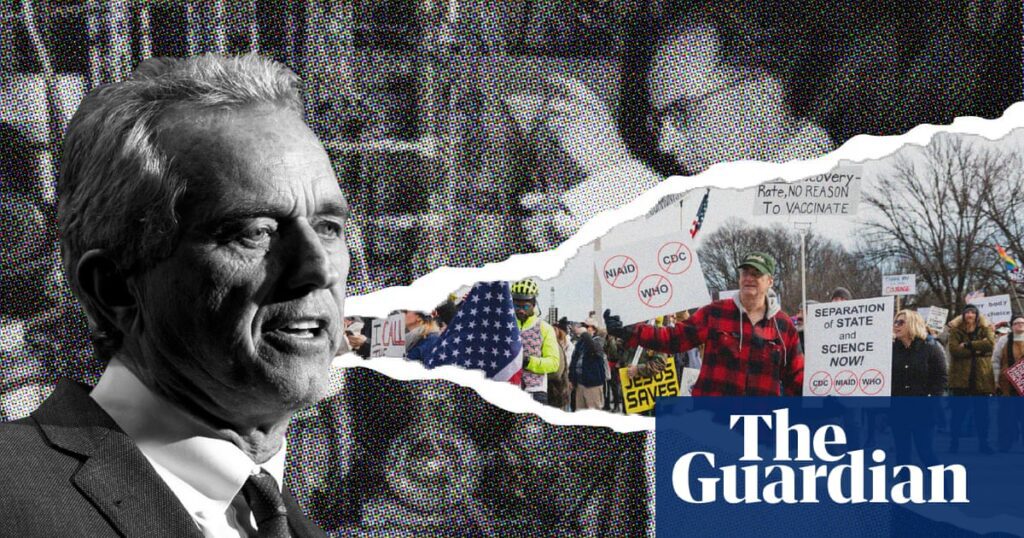The article discusses the urgent need for effective science communication in the face of rising vaccine skepticism, particularly in light of Robert F. Kennedy Jr.’s nomination for a prominent health position despite his controversial views on vaccination safety. Experts like Katelyn Jetelina and Deborah Blum emphasize that misinformation can lead to significant public health risks, as individual decisions fueled by rumors undermine vaccination efforts.
Blum notes that distrust in science has intensified, often driven by political factors. The failure of traditional scientists to connect with the public has prompted some, like Dr. William Flanary, to leverage social media and humor to engage audiences. Flanary’s approach illustrates the importance of relatability and human connection in changing perceptions about healthcare.
The article advocates for a localized and empathic strategy in science communication, suggesting that scientists should engage directly with communities and acknowledge uncertainties in research. It highlights the importance of being honest about risks associated with vaccines while addressing public concerns without ridicule.
Ultimately, while vaccine hesitancy is a challenge, the article emphasizes that most people still support vaccinations, advocating for scientists to communicate with care and curiosity to rebuild trust in science amid a landscape rife with misinformation.



